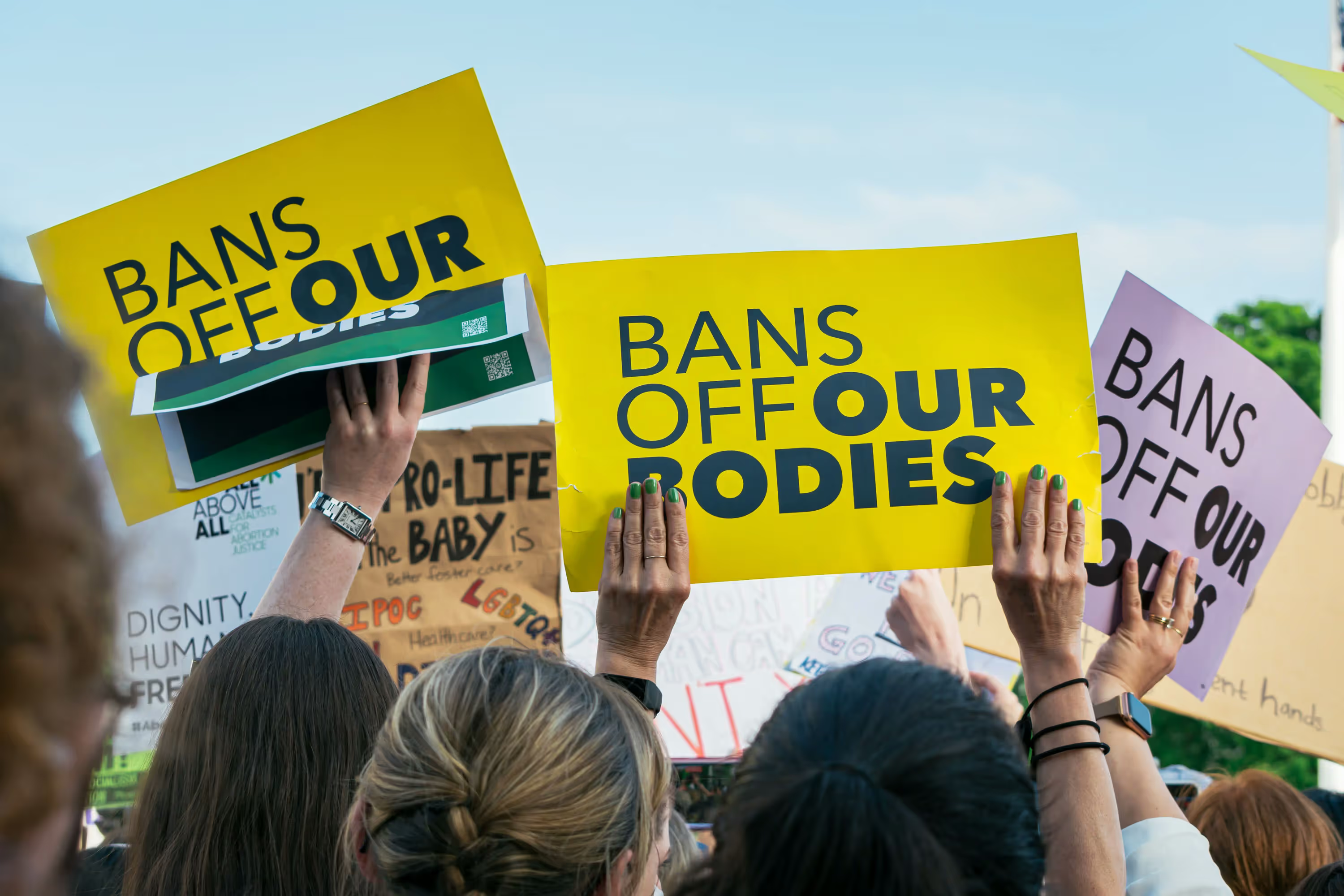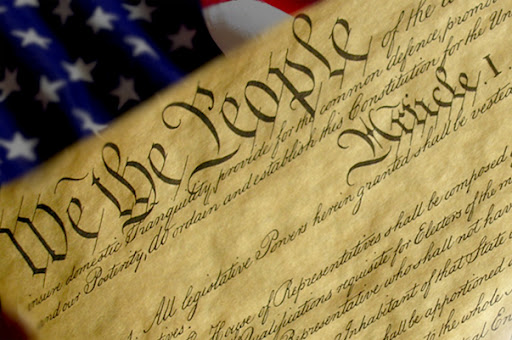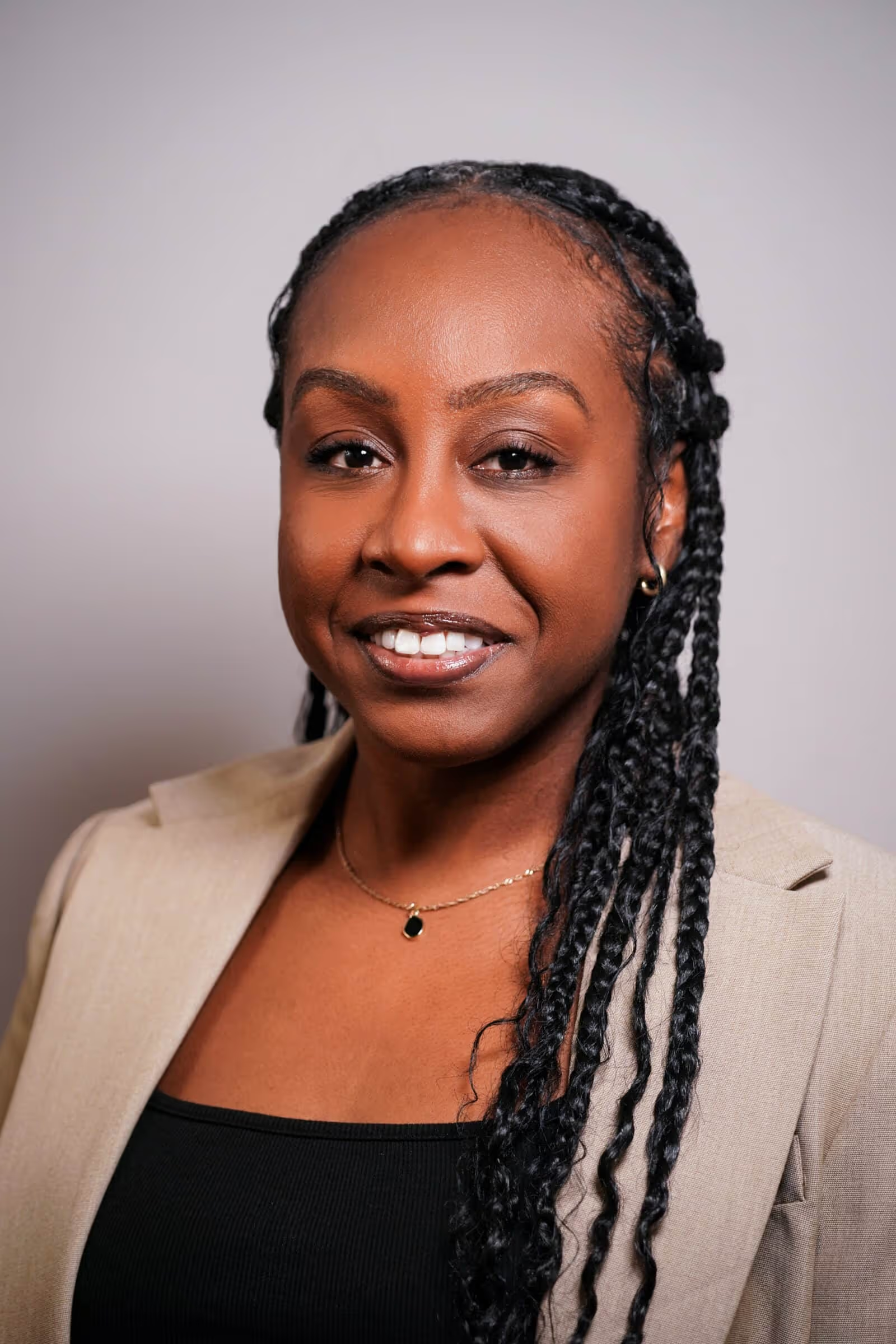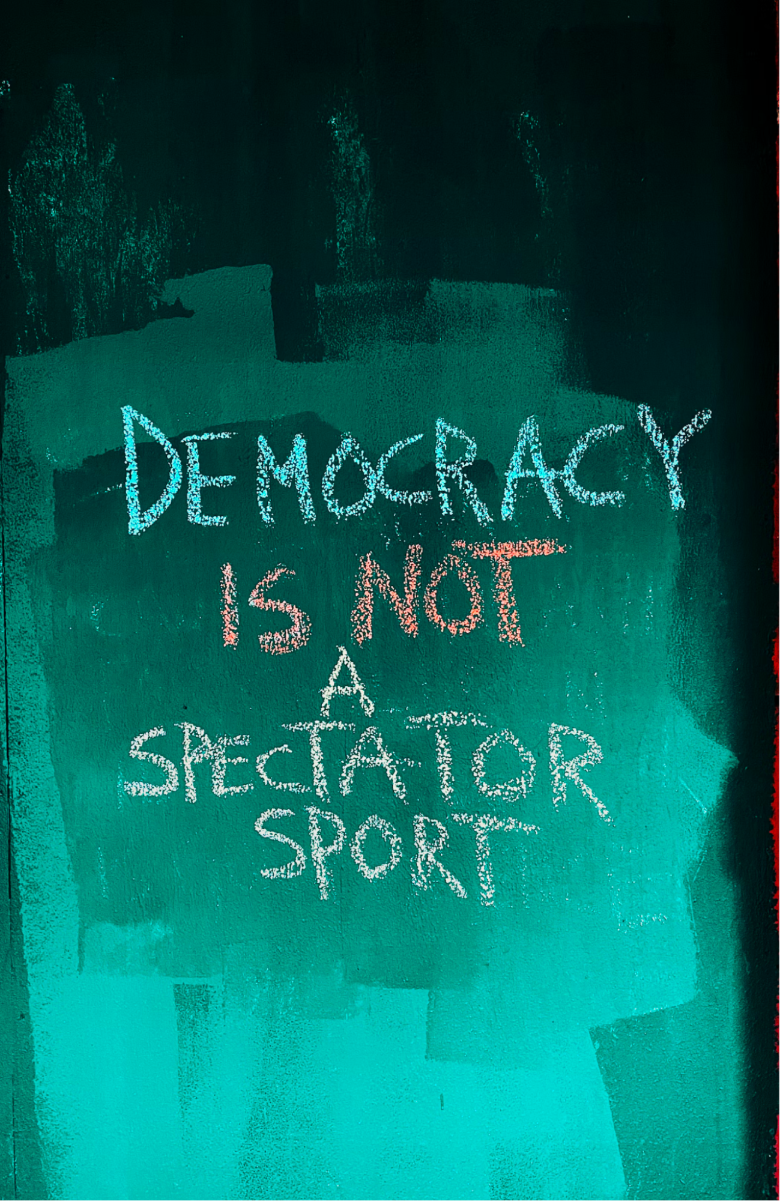
Analysis
Continuing the Fight: EMTALA’s Legal Battles Headed Back to the Ninth Circuit
In the wake of the 2022 U.S. Supreme Court's decision to overturn Roe v. Wade, many states have rushed to impose bans or severe restrictions on abortion access. Many lawmakers advocating for these restrictive measures cite their religious beliefs as the foundation for their positions. Mississippi Senator Cindy Hyde-Smith, for example, describes herself on her official government page as a Christian who "believes in the sanctity of life and the need for federal policies that strengthen America's families." She is committed to supporting legislation that reflects a narrow agenda informed by religious convictions that often conflict with our constitutional rights to freedom of and from religion.
This agenda echoes the broader ambitions of Project 2025, a manifesto outlining a wish list for a future Republican presidency, particularly under Donald Trump. Michael Flynn, the former National Security Adviser under Trump, is a prominent figure in this movement, actively working to recruit what he calls an "Army of God." As he travels across the country promoting a vision that places Christianity at the center of American life, his efforts underscore a push for a theocratic influence in governance. This trend is evident in the legislative landscape, where religious beliefs increasingly dictate public policy, particularly in areas like reproductive rights.
Idaho is no exception, having [enacted severe abortion bans with extremely narrow exemptions](https://legislature.idaho.gov/statutesrules/idstat/title18/t18ch6/sect18-622/#:~:text=18-622.,the crime of criminal abortion.). This ban has ignited a legal firestorm, particularly for reproductive rights advocates who are fighting to protect access to care.
Under Idaho's abortion law, medical professionals can only provide abortion services under strict circumstances. If they offer care outside these exemptions, they face the threat of criminal prosecution. The implications of this law are profound, creating a chilling effect on healthcare providers trying to navigate an increasingly complicated legal landscape.
Just days before Idaho's ban was set to take effect, the Department of Justice (DOJ) stepped in with a complaint against the state. The DOJ argued that the ban conflicts with the federal Emergency Medical and Labor Treatment Act (EMTALA), which mandates that hospitals receiving federal funds must provide stabilizing and life-saving care, including abortions when necessary.
In a pivotal ruling, the U.S. District Court of Idaho sided with the DOJ, granting an injunction that temporarily prevented the law from criminalizing providers who offered care in accordance with EMTALA. However, Idaho quickly appealed the decision, and on January 5, 2024, the Supreme Court granted certiorari, lifting the injunction and allowing the state law to be enforced.
After months of anticipation, the Supreme Court heard oral arguments in April 2024. On June 27, the court issued its ruling, dismissing Idaho's appeal and sending the case back to the lower court for further proceedings. Now, all eyes are on the Ninth Circuit, which is scheduled to hear oral arguments the week of December 9.
As it stands, Idaho is permitted to perform abortions only in emergencies, leaving many women in precarious positions. For comprehensive updates on abortion bans and their implications, the New York Times provides a detailed tracking resource that offers insights into state-by-state changes.
The ongoing legal battles underscore the complexities surrounding reproductive rights in a post-Roe America, particularly as they intersect with religious freedoms. This tension raises important questions about who gets to dictate the terms of reproductive healthcare, emphasizing the need for advocates to continue the fight for access to safe and legal abortion care.
Transcript

Pluralism is Democracy in Action
On July 4, America will mark 250 years since the signing of the Declaration of Independence. That day in 1776, the nation’s founders put forward a bold vision for a new democratic experiment, one rooted in shared values, with power derived from the people rather than imposed by a monarch or religious authority:



